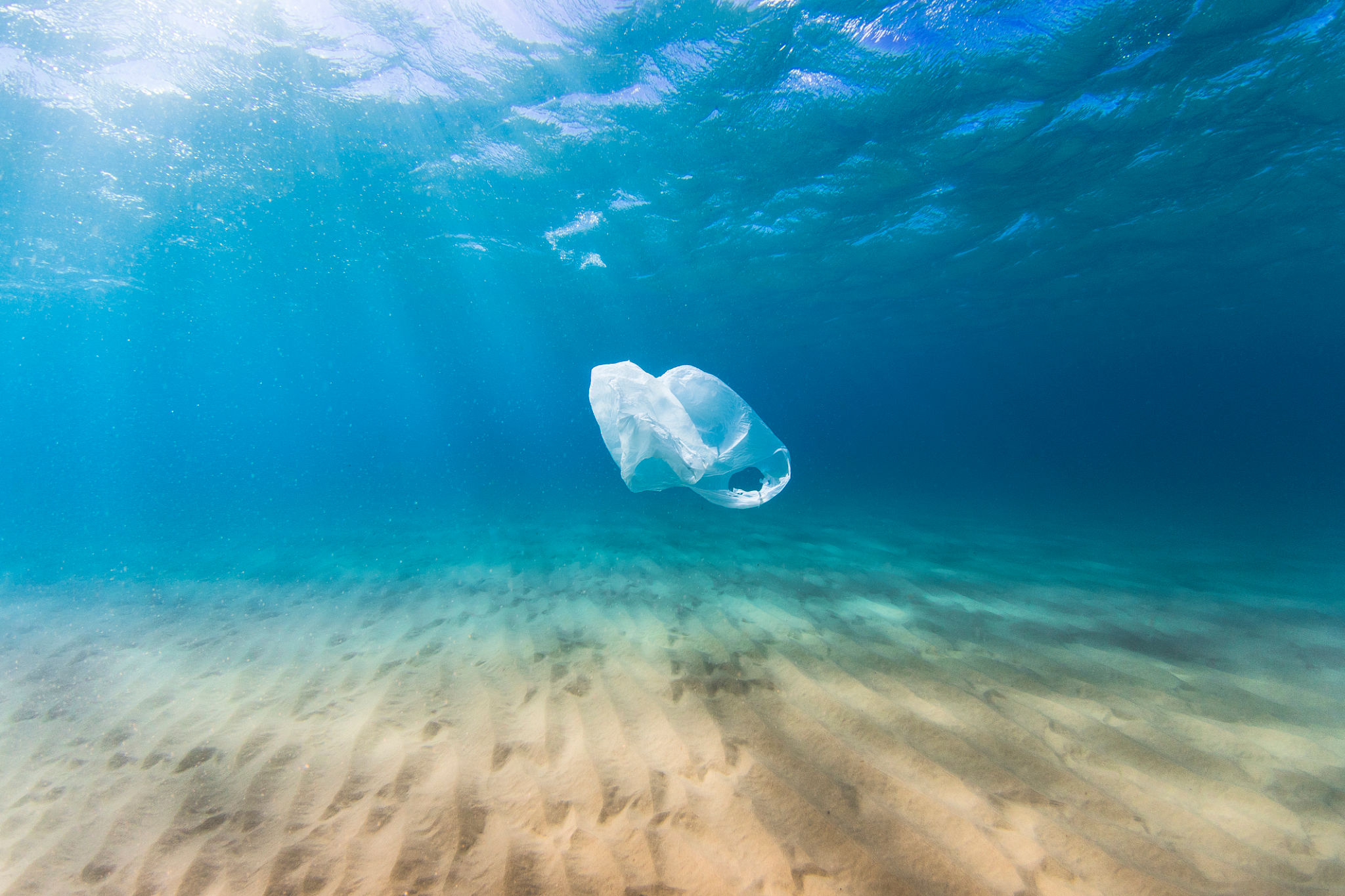Eco-Friendly Snorkeling Practices in the Red Sea
Understanding the Importance of Eco-Friendly Snorkeling
Snorkeling in the Red Sea offers an unparalleled experience with its vibrant coral reefs and diverse marine life. However, it's crucial to engage in eco-friendly practices to preserve this delicate ecosystem. The Red Sea's coral reefs are home to over 1,200 species of fish, many of which are unique to the region. By adopting sustainable snorkeling habits, you contribute to the conservation of this aquatic wonderland.
Practicing eco-friendly snorkeling not only helps protect marine life but also ensures that future generations can enjoy these underwater treasures. This approach involves being mindful of how we interact with the marine environment and taking steps to minimize our ecological footprint.

Choosing Sustainable Snorkeling Equipment
The first step towards eco-friendly snorkeling is selecting the right equipment. Opt for gear that is designed with sustainability in mind. Look for masks and snorkels made from recyclable materials and fins that are crafted to minimize damage to coral reefs. Many companies now offer eco-conscious options that are both effective and environmentally friendly.
In addition, consider using reef-safe sunscreen. Conventional sunscreens often contain chemicals that can harm coral reefs. By choosing products with natural ingredients, you can protect both your skin and the marine ecosystem.

Respecting Marine Life
When snorkeling, it's essential to maintain a respectful distance from marine life. Avoid touching or chasing fish and other sea creatures, as this can cause stress and disrupt their natural behaviors. Remember, you are a guest in their habitat, so strive to observe without interfering.
Moreover, be cautious around coral reefs. Even a slight touch can cause significant damage. Practice buoyancy control to avoid accidental contact, and never anchor your boat on the reefs themselves.

Minimizing Waste and Pollution
Reducing waste is a key component of eco-friendly snorkeling. Always dispose of trash properly and avoid single-use plastics whenever possible. Bring a reusable water bottle and snack containers to keep your waste footprint minimal.
Participate in organized beach clean-ups if available. These events not only help keep the environment clean but also raise awareness about the importance of protecting our oceans.

Engaging in Responsible Tourism
Supporting local conservation efforts and choosing responsible tour operators can make a significant difference. Look for companies that prioritize environmental protection and contribute to community-driven conservation projects.
Before booking a snorkeling trip, research operators that are committed to sustainable practices. This might include adhering to guidelines that limit visitor numbers or engaging in programs that educate tourists about environmental stewardship.
Educating Yourself and Others
Education is a powerful tool for promoting eco-friendly snorkeling practices. By learning about the unique ecosystem of the Red Sea, you can better appreciate its value and understand the importance of conservation efforts.
Share your knowledge with others to spread awareness. Whether through social media or conversations with fellow travelers, you can inspire others to adopt responsible snorkeling habits that help protect our oceans.
